Revolutionizing Response Times and Enhancing Public Safety
In a recent announcement, Jeremy Hunt has unveiled plans for a groundbreaking trial within the Police force, utilizing drones as First Responders to swiftly reach crime scenes. This innovative approach aims to leverage the speed and agility of drones to gather crucial information in the crucial moments following a crime, potentially transforming the landscape of law enforcement and public safety in The United Kingdom.
The Power of Drone Technology in Policing
Drones, with their capability to be deployed rapidly and navigate swiftly across varied terrains, present a unique solution to the perennial challenge of response time in critical situations. Their use as first responders can significantly reduce the time it takes to assess a situation, providing real-time data and imagery to command centers and ground units. This immediate access to detailed situational awareness can empower law enforcement agencies to make informed decisions faster, thereby enhancing the effectiveness of their operations.
Counterarguments and Clarifications
Critics, including Oliver Lawrence, a former police officer and host of the “Protect and Serve” podcast, argue that drones may be “highly ineffective” in managing crime and express concerns over their impact on traditional policing methods. Lawrence emphasizes the importance of human interaction in policing, particularly the reassurance and support that officers can offer to victims and communities.
However, it’s important to clarify that the integration of drones into police work is not intended to replace police officers but to augment their capabilities. Drones can perform tasks that are either too risky or too time-consuming for human officers, such as monitoring vast areas for suspicious activities or providing aerial views of traffic accidents. This, in turn, allows officers to focus on aspects of their job that require a human touch, such as community engagement and direct intervention in complex situations.
The Future of Law Enforcement
The potential benefits of Drone Technology in policing are immense. Beyond just speeding up response times, drones can contribute to safer traffic management, more efficient crowd control, and even assist in Search and Rescue operations. Their versatility makes them an invaluable tool in modernizing police forces and adapting to the evolving demands of public safety.
Moreover, the argument that drones represent a step towards a surveillance state overlooks the fact that surveillance tools, including CCTV and mobile phones, are already widely used. Drones, used responsibly and within the framework of privacy laws and ethical guidelines, can enhance public safety without infringing on individual rights.
A Balanced Approach to Innovation and Drones
While concerns regarding the impersonal nature of technology in policing are valid, the benefits of integrating drones into law enforcement cannot be ignored. Drones offer a promising avenue to enhance the capabilities of police forces, making them more efficient and effective in their primary goal of ensuring public safety. It is through a balanced approach, one that combines the strengths of both human officers and advanced technology, that the future of policing can be reshaped for the better. By addressing the challenges and embracing the opportunities presented by drone technology, law enforcement agencies can move closer to achieving the ultimate goal of a safer, more secure society.
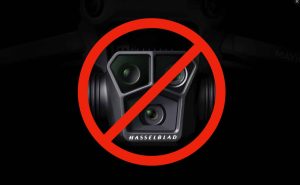

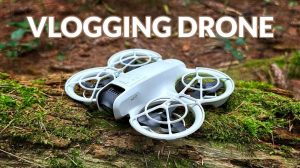

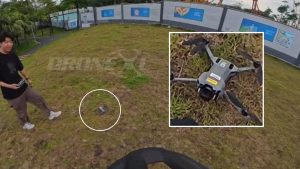
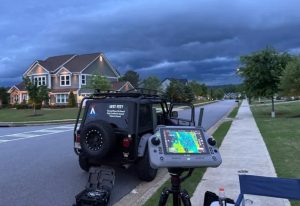
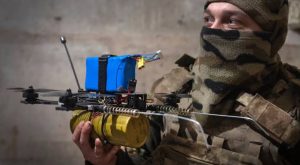
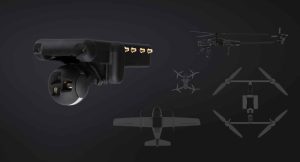
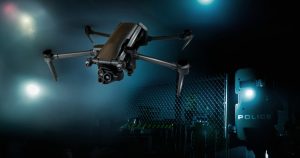
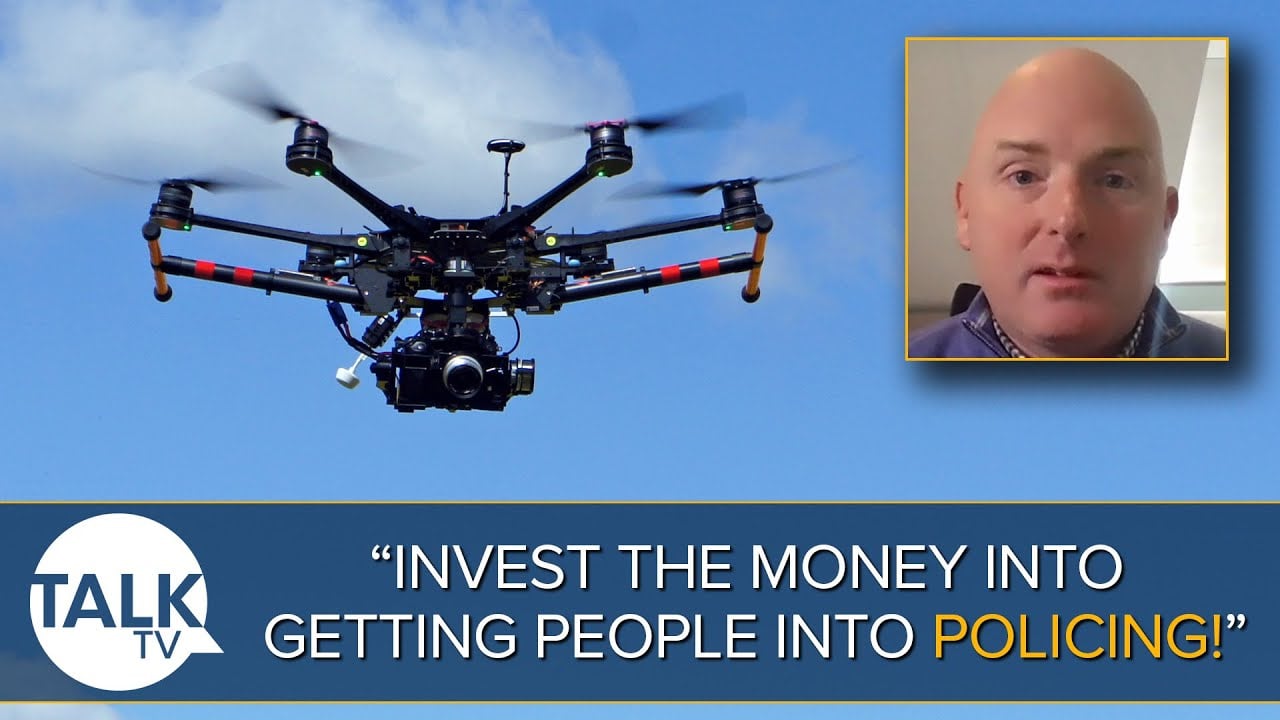

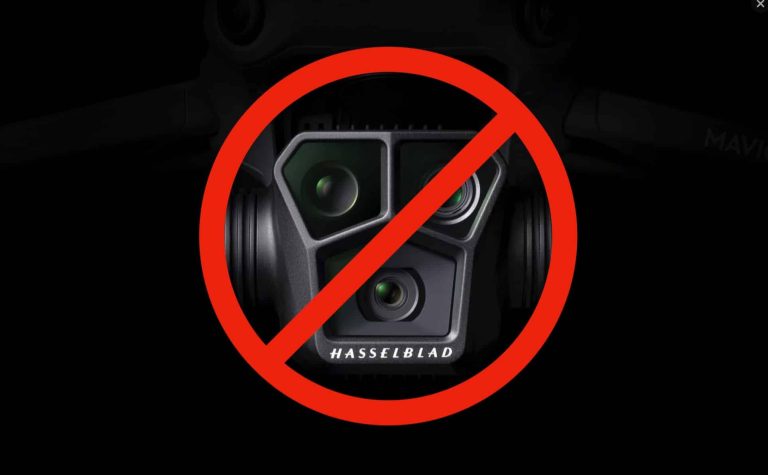
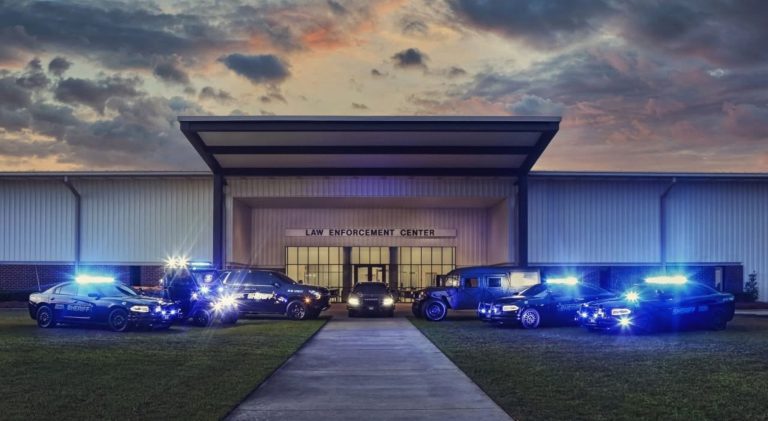
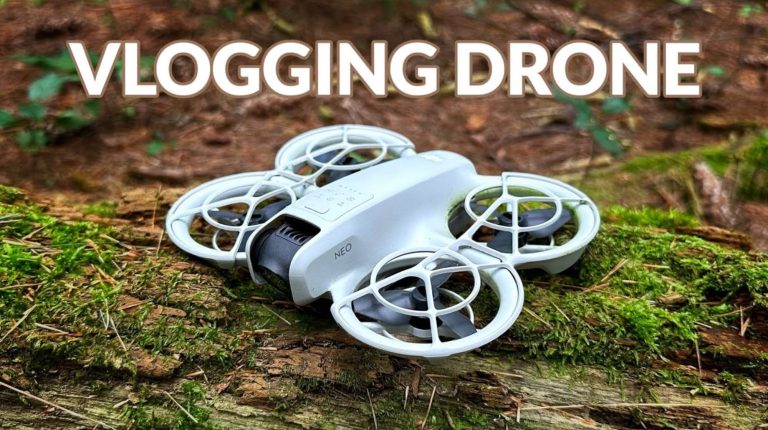


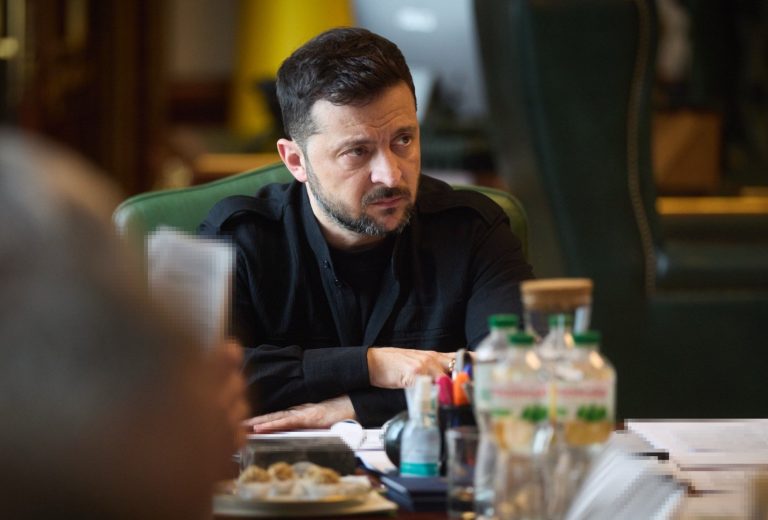
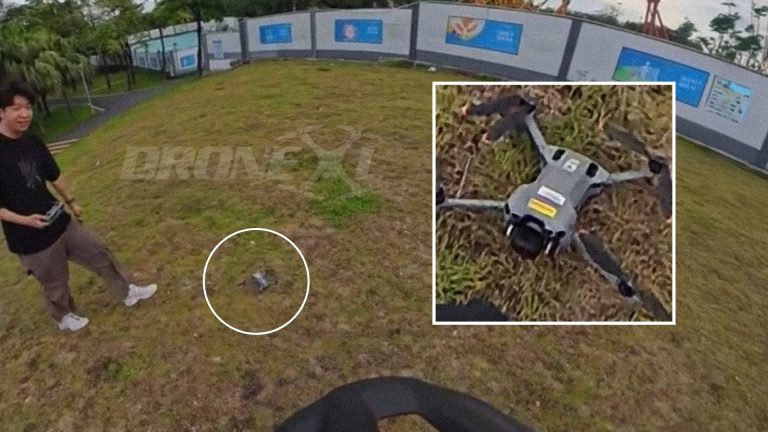
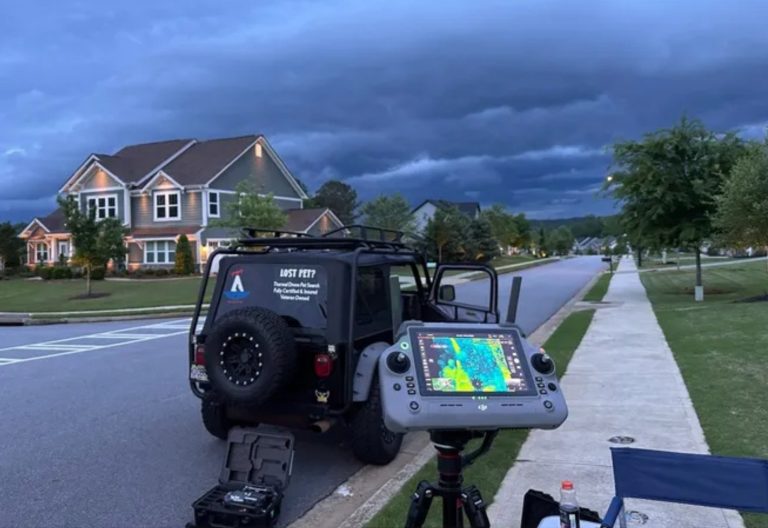
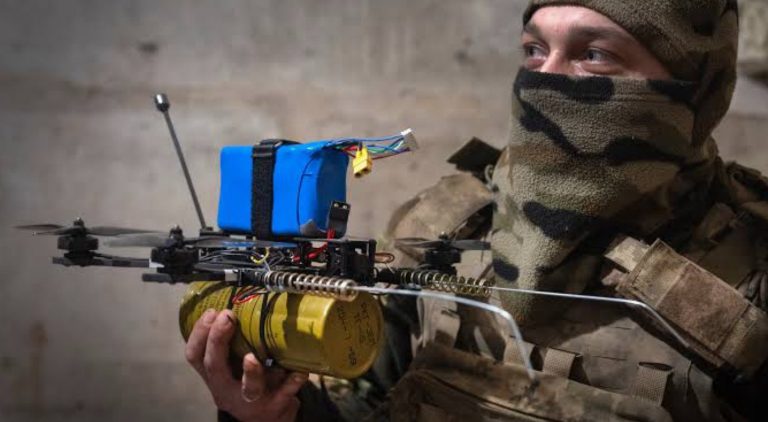
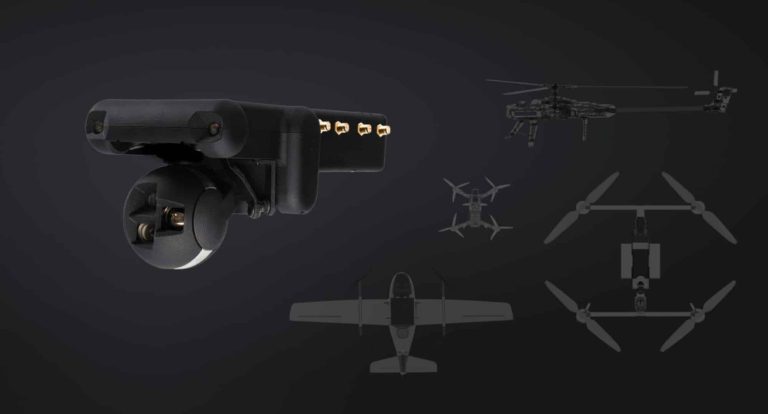
+ There are no comments
Add yours